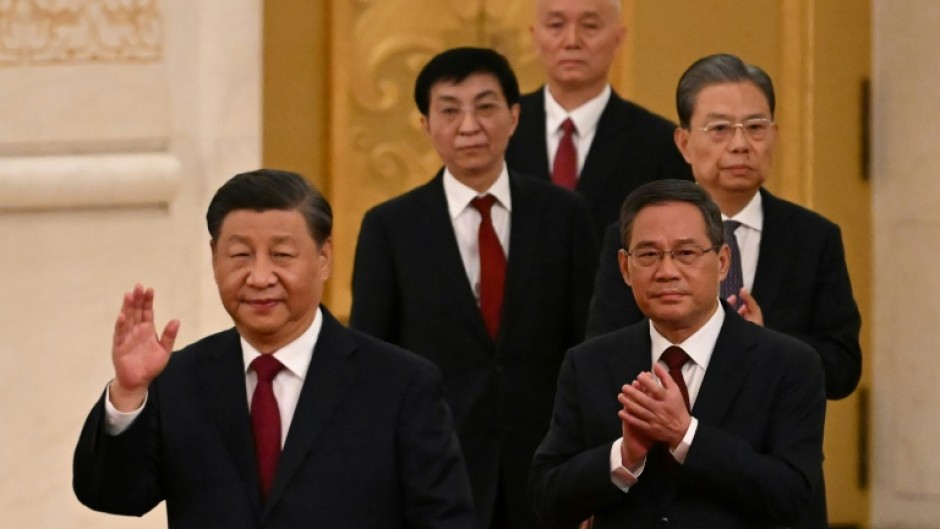BEIJING - Top Chinese officials gather in Beijing on Monday, with all eyes on how they might kickstart lacklustre growth at a key political meeting that has historically seen officials unveil big-picture economic policy changes.
The world's second-largest economy is grappling with a real estate debt crisis, weakening consumption, an ageing population and geopolitical tensions.
President Xi Jinping will oversee the ruling Communist Party's secretive Third Plenum, which usually takes place every five years in October, though Beijing has offered few hints about what might be on the table.
State media in June said the delayed four-day gathering would "primarily examine issues related to further comprehensively deepening reform and advancing Chinese modernisation", and Xi has said the party is planning "major" reforms.
Analysts are hoping those pledges will result in badly needed support for the economy.
"The upcoming plenum can't come soon enough," Sarah Tan and Harry Murphy Cruise wrote in a note for Moody's Analytics last week.
Beijing should take decisive action to reform the property sector, loosen restrictions on internal migration, boost high-skilled jobs for graduates and modify the tax system to ease local government debt, they said.
But they added that leaders would "probably not" make sweeping reforms, instead choosing "a modest policy tweak that expands high-tech manufacturing and a sprinkling of supports to housing".
The People's Daily, the Communist Party's official newspaper, appeared to confirm those lower expectations when it warned last week that "reform is not about changing direction and transformation is not about changing colour".
Ting Lu, chief China economist at Nomura, said the meeting was "intended to generate and discuss big, long-term ideas and structural reforms instead of making short-term policy adjustments".
The Third Plenum has previously been an occasion for the party's top leadership to unveil major economic policy shifts.
In 1978, then-leader Deng Xiaoping used the meeting to announce market reforms that would put China on the path to dazzling economic growth by opening it to the world.
And more recently following the closed-door meeting in 2013, the leadership pledged to give the free market a "decisive" role in resource allocation, as well as other sweeping changes to economic and social policy.

